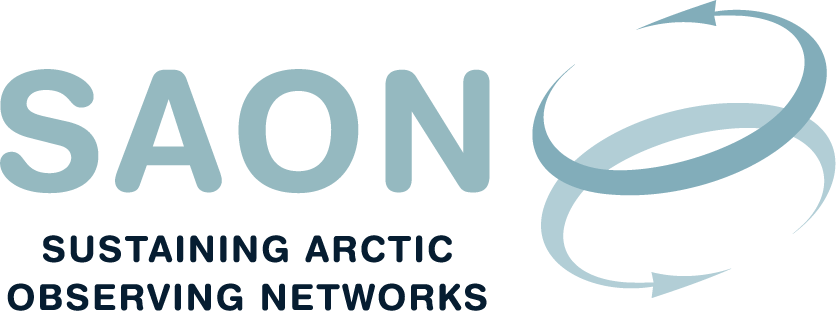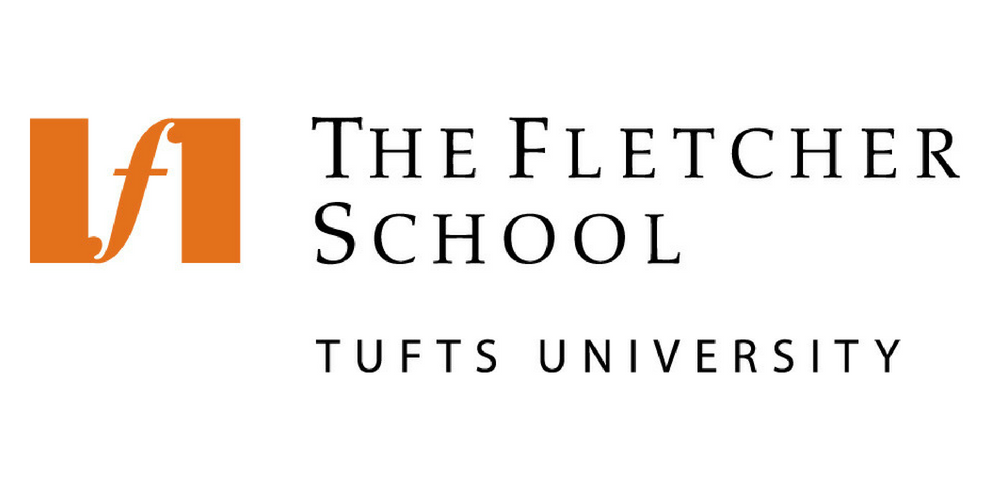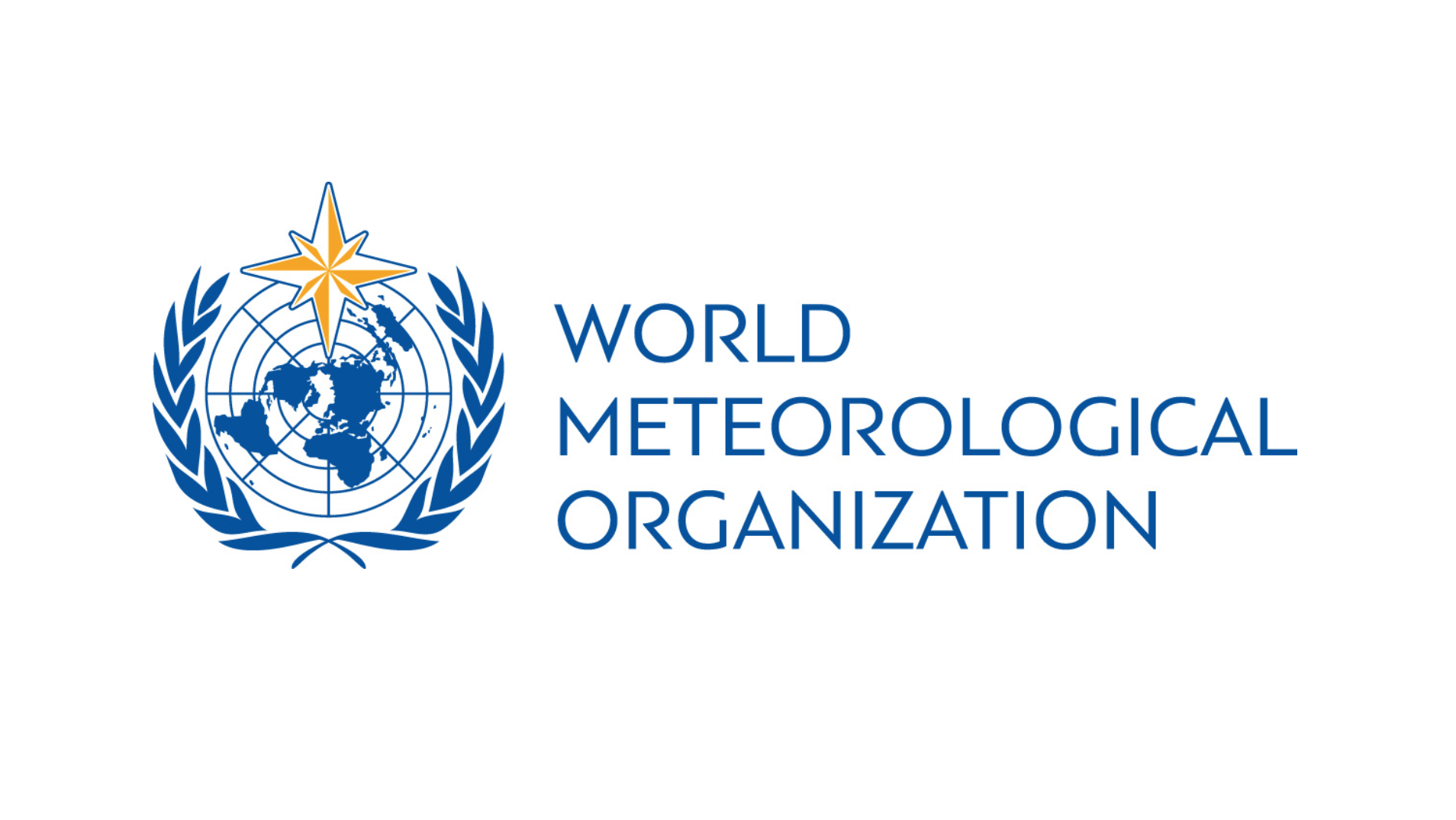Project Description
The sustainable development of the Arctic regions under fast changing climate is built on science based knowledge. However, we currently lack a holistic process understanding of the Arctic and cold regions atmosphere – ocean – terrestrial ecosystems. The “Arena for the gap analysis of the existing Arctic Science Co-Operations (AASCO)” aims to bring the research communities together.
 |
The Sustained Arctic Observing Networks Initiating Group (SAON IG), composed of representatives of international organizations, agencies, and northern residents involved in research and operational and local observing, has been formed to develop a set of recommendations on how to achieve long-term Arctic-wide observing activities that provide free, open, and timely access to high-quality data that will realize pan-Arctic and global value-added services and provide societal benefits. |
 |
The Silk Road Economic Belt and the 21st Century Maritime Silk Road (consolidated as the “Belt and Road”) Initiative seeks to enable its participants to address the challenges posed by climate variability, intensified use of land and marine resources, and the fragility of many ecosystems. |
 |
SIOS is a regional observing system for long-term measurements in and around Svalbard addressing Earth System Science questions. SIOS brings observations together into a coherent and integrated observational programme that will be sustained over a long period. |
 |
The Fletcher School at Tufts University began in 1933 with a focus to establish a school of law and diplomacy. It’s mission is to offer education in international relations to prepare students to maintain the stability and prosperity of a complex, challenging, and increasingly global society. |
 |
The University of the Arctic (UArctic) is a network of universities, colleges, research institutes, and other organizations concerned with education and research in and about the North. Created through the Arctic Council, UArctic is committed to upholding its principles of sustainable development as well as the United Nations SDGs. UArctic is constituted as an international association based in Finland. |
 |
The Global Atmosphere Watch (GAW) Programme of WMO focuses on building a single coordinated global understanding of atmospheric composition, its change, and helps to improve the understanding of interactions between the atmosphere, the oceans and the biosphere. |